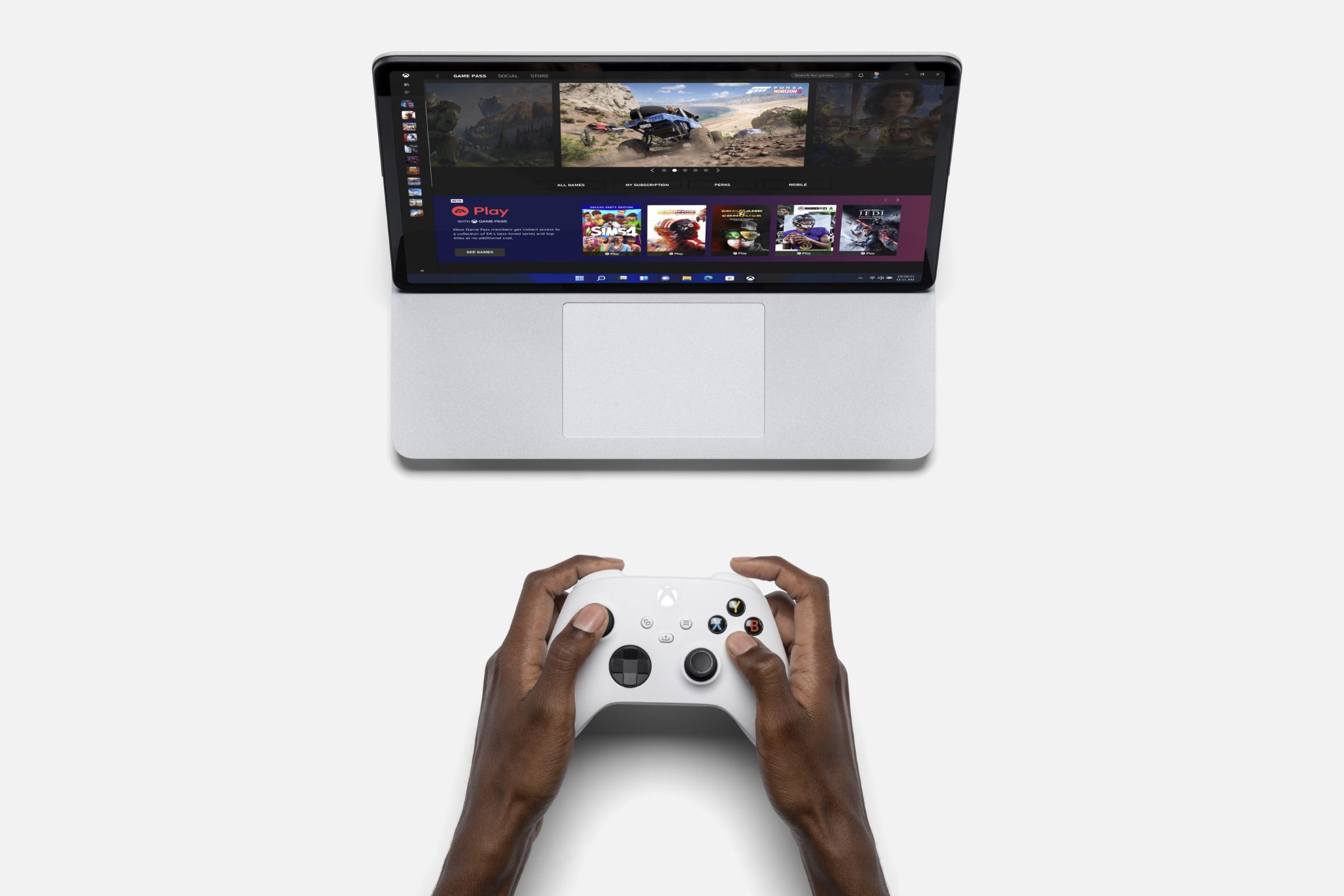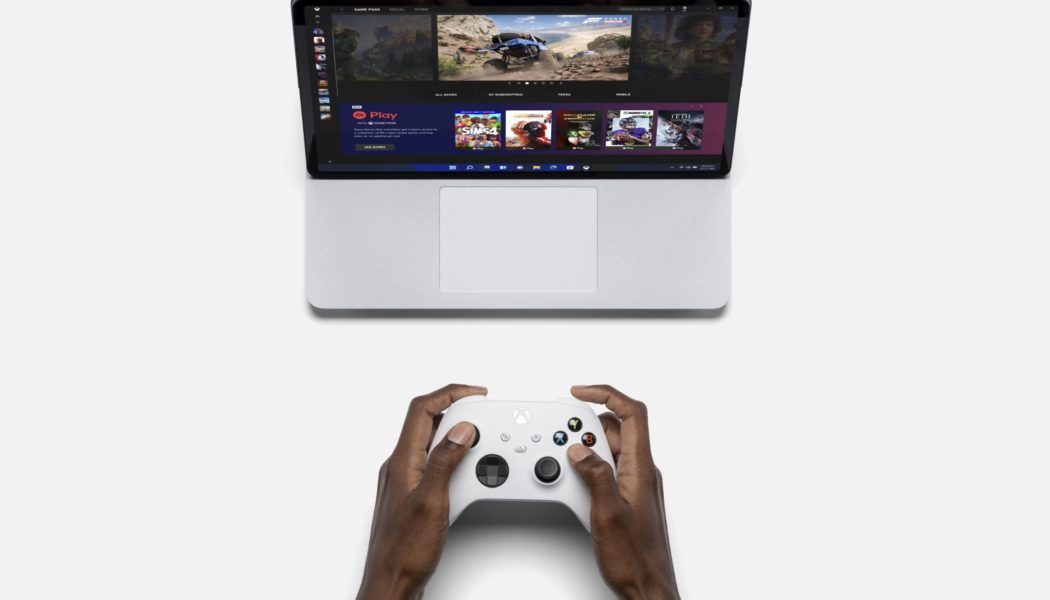Windows 11 has passed Windows 10 usage on Steam for the first time ever, signaling a shift in the right direction for Microsoft.
Share this story
See our ethics statement.

Microsoft’s Windows 11 operating system has passed Windows 10 usage for Steam users for the first time since its launch in 2021. Windows 10 has been holding strong in recent years, despite Microsoft’s plans to end support for Windows 10 in October 2025. There are now signs that Windows 11 adoption is finally heading in the right direction for Microsoft.
Steam hardware survey data for August puts Windows 11 usage at 49 percent, an increase of more than 3 percent over the previous figure in July of nearly 46 percent. Windows 10 usage has dipped by around 3 percent to 47 percent, while macOS and Linux Steam usage has largely remained the same during August.
Usage of Windows 11 across the web has also been growing over the past year, too. In July 2023, Windows 11 had a market share of around 23 percent, and that has now grown to nearly 32 percent in August 2024, according to StatCounter.
Leaked data in October revealed Windows 11 was used by more than 400 million devices at the time, a slower adoption pace than Windows 10. It took Windows 10 a year to reach 400 million active devices, whereas it took Windows 11 two years to reach that same milestone. The discrepancy is partially due to upgrade eligibility for Windows 11. Microsoft first launched Windows 11 in October 2021 with strict hardware requirements, requiring a TPM security chip and CPUs released from 2018 onwards.
While Windows 11 was a free upgrade for Windows 10 users, millions of machines were left behind and unable to upgrade due to Microsoft’s hardware requirements. Windows 10 was offered as a free upgrade to Windows 7 and Windows 8 users, and it didn’t have such strict restrictions on hardware so millions were able to upgrade instead of having to buy new devices.
Microsoft is now planning to charge businesses to continue using Windows 10 after its end of support in October 2025. Consumers will also be able to pay for additional security updates for Windows 10 for the first time ever, but Microsoft has only shared business pricing so far.









